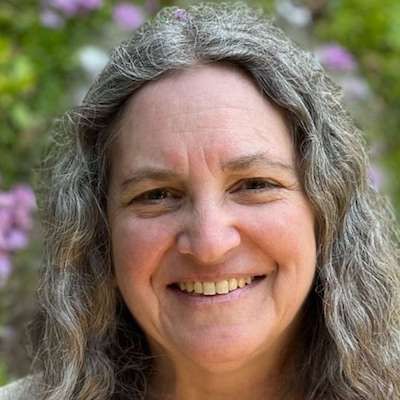Article
Game-Changer: Celecoxib Far Safer Than Two Other NSAIDs?
Author(s):
Researchers who evaluated adverse events in a large sample of patients taking NSAIDs for arthritis came to a surprising conclusion: celecoxib is the safest of three drugs studied.

People who suffer from arthritis have a difficult choice in selecting pain relief drugs. For physicians, the issue of what to suggest is even more difficult when those patients also have heart disease.
.
The most common treatment drugs are NSAIDs—including the subclass known as Cox-2 inhibitors—and all can have adverse effects. The Cox-2 inhibitor celecoxib (Celebrex/Pfizer) has been thought to have a high risk of adverse events compared to naproxen and ibuprofen.
A Cleveland Clinic researcher today said he has turned that belief on its head.
Reporting in a late-breaking abstract session at the American Heart Association’s Scientific Sessions 2016 in New Orleans, LA, a research team led by Steven Nissen, MD, of the Cleveland Clinic presented the results of PRECISION, a study designed to see which is safer among three frequently used drugs.
The research was simultaneously published in the New England Journal of Medicine.
His findings—that the popular NSAIDS naproxen and ibuprofen are far riskier than celecoxib, are likely to change practice if those findings hold up.
Celecoxib has been wrongly found to be more dangerous, due to faulty science, Nissen charged in discussing his study.
The PRECISION study involved patients with either osteoarthritis or rheumatoid arthritis who took NSAIDs drugs for pain relief for six months. There were 24,000 patients and they were randomized at 926 centers. Two thirds of the patients were female, about 10% had rheumatoid arthritis, and about 90% had osteoarthritis.
One third had diabetes and all had blood pressure that was well-controlled, Nisssen said.
But in the PRECISION trial, the rate of ulcers or GI bleeding was 54% higher for ibuprofen , and 41% higher for naproxen than celecoxib. Both also had higher rates of cardiovascular events, he said.
The all-cause mortality was 25% higher with naproxen.
“The lowest event rates were with celecoxib,” he added. That included renal events.
All subjects were also given esomeprazole to prevent adverse gastrointestinal events (though it turned out not to be significantly effective in preventing them.)
The primary endpoints of the study were cardiovascular events, non-fatal myocardial infarction, or stroke.
Later, some physicians raised questions about the doses given patients in the study, arguing that participating physicians were allowed to up their doses of naproxen and ibuprofen but could prescribe only low doses of celecoxib.
Nissen responded that the doses given mirrored what is happening in “real life” and reflect common prescribing practice. The maximum dose of celecoxib in the study was 200 mg, the FDA indication for osteoarthritis.
All the drugs were given at prescription strength, not over-the-counter doses.
Nissen said he feels he has exonerated celecoxib but indicted the studies that led to it being called unsafe.
"There was a rush to judgment,” he said. “We’ve seen this before and we’ll likely see it again.”
The findings are important because NSAIDS are “among the most widely prescribed drugs in the world,” Nissen said, “there were 100 million prescribed in 2013,” he added.
Celecoxib and rofecoxib were introduced in 1999 as a new type of NSAID designed to reduce the risk of GI complications.
Limitations of the trial included a low retention rate (68.8% of participants stopped study drug) and the lack of a placebo comparison.
The study was funded by Pfizer. Nissen has served as a consultant for many pharmaceutical companies.





